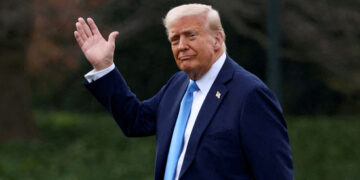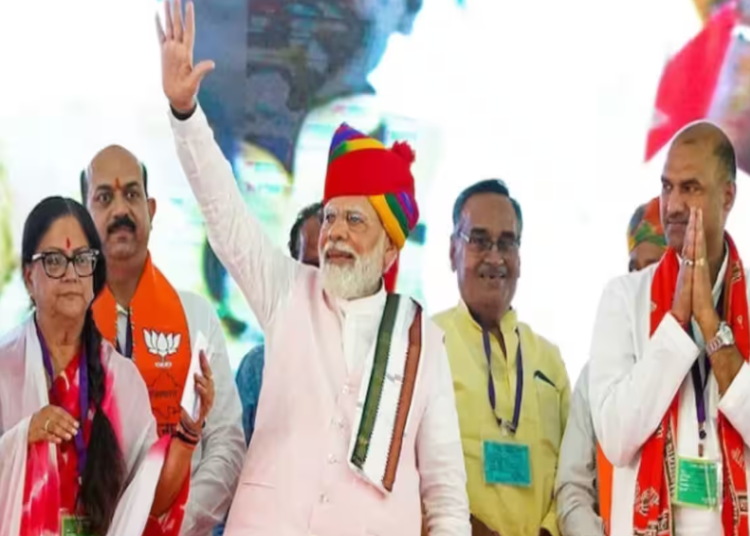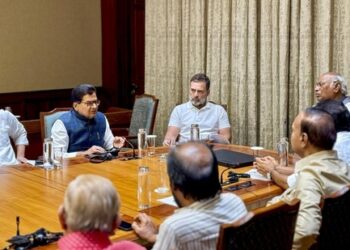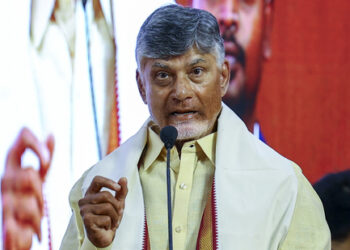In the political landscape of Rajasthan, the Bharatiya Janata Party (BJP) has strategically positioned itself ahead of the upcoming elections, making a notable shift towards the Other Backward Classes (OBC) and Most Backward Classes (MBC) communities. However, despite this apparent outreach, the party’s core focus on the upper caste electorate remains unmistakable.
With an eye on the diverse and dynamic social fabric of Rajasthan, the BJP has chosen to field prominent OBC and MBC leaders as key faces in their campaign. This move is seen as a calculated effort to broaden the party’s appeal and address the concerns of historically marginalized communities in the state.
The OBC-MBC outreach includes promises of inclusive development, job opportunities, and educational initiatives tailored to uplift these communities. The BJP has strategically selected candidates with grassroots connections and a track record of working for the welfare of OBCs and MBCs, signaling a commitment to social justice and empowerment.
However, critics argue that this focus on OBCs and MBCs may be a tactical move to consolidate votes in these communities, rather than a genuine commitment to their upliftment. The party’s history and continued reliance on upper-caste leaders in key decision-making roles raise questions about the sincerity of their newfound emphasis on social inclusivity.
A key observation is the maintenance of an upper-caste focus within the party’s leadership and organizational structure. Critics argue that while the BJP claims to be championing the cause of OBCs and MBCs, the power dynamics within the party hierarchy continue to be dominated by leaders from the upper castes.
This dual strategy has sparked debates within political circles, with some praising the BJP for attempting to broaden its support base, while others question the depth of its commitment to social justice. The upcoming elections in Rajasthan will serve as a litmus test for the effectiveness of the BJP’s nuanced political approach.
As the political landscape evolves, it remains to be seen whether the BJP’s emphasis on OBC and MBC faces will translate into tangible improvements in the lives of these communities or if it is merely a strategic ploy to secure votes. The electorate in Rajasthan will ultimately decide the fate of this political experiment, and the results will undoubtedly have far-reaching implications for the BJP’s future political strategies in the state and beyond.








 India
India












